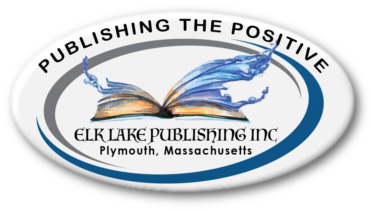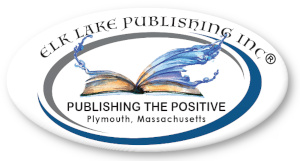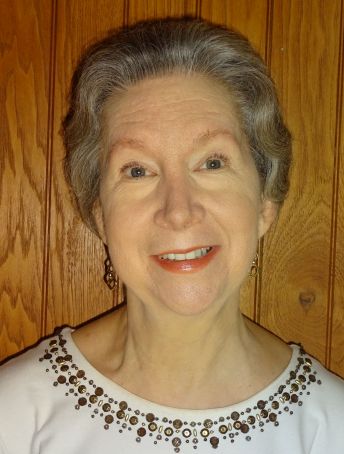Pat Jeanne Davis
Why I Started Writing:
The first piece I wrote for publication was an essay to encourage other women who had given up on becoming a mother. In this piece, I wrote of God’s intervention in my situation when there was little hope I’d be a parent. In time, I published other essays and articles for families and later short stories for women’s magazines.
It wasn’t until much later that I turned to novel writing—a new set of skills were required. It’s true—publishing is not for the faint of heart. I had to acquire a tough skin as I experienced delays, unfavorable criticism, and countless rejections while remaining hopeful as I learned from the mistakes I made.
Since I read mainly historical fiction, the choice of genre for my first story seemed an obvious one. I frequently travel with my British-born husband to the UK, and I wanted to set the story both there and in the US. I have a particular interest in the WWII Era. My father-in-law served with the British 8th Army from 1939 to 1946. I did most of the research for When Valleys Bloom Again while vacationing with my family in England over a period of several years.
Authors Who Have Influenced Me:
My love for reading began as an elementary student. With my first library card, I took out the books recommended for the summer reading program. Vacation time quickly passed and my reading skills improved as I engaged with the unforgettable heroine Anne of Avonlea, and Meg, Jo, Beth and Amy from the pages of Little Women. I stepped into the real-life adventures of Laura Ingalls Wilder from the Little House on the Prairie series. In junior high, there was the local library’s summer reading program with a reward attached for reading books of my choosing. There I was introduced to such classics as The Scarlet Letter, Tale of Two Cities, Great Expectations, Jane Eyre, Wuthering Heights, and Pride and Prejudice. Later, while in high school as part of a literary forum, I participated in discussions of more great literature and wrote a response journal.
As an adult, I’ve been most influenced by the authors of Christian stories. I especially enjoy a book in which the hero or heroine attempts to battle social injustice or fights a social evil. Some of my favorite novels have been the well-researched stories of Lynn Austin in A Proper Pursuit and Though Waters Roar. Tricia Goyer’s history-rich stories in The Liberators series and her other WWII novels with characters that touch the heart and stir the spirit impressed me. I also appreciated the writing style of Elizabeth Camden in The Lady of Bolton Hill, Against the Tide, and A Dangerous Legacy. In nonfiction, I’ve been inspired by the words of Catherine Marshall and Elisabeth Elliot.
Books I Have Written:
When Valleys Bloom Again is my first novel–to be published this year by Elk Lake.
As war approaches in 1939, Abby Stapleton’s safety is under threat. Her father, a British diplomat, insists she go back to America until the danger passes. Abby vows to return to her home in London—but where is home? With her family facing mortal danger so far away and feeling isolated, she finds it hard to pray or read the Bible. Did she leave God behind in war-torn London too?
Abby couldn’t know the war would last a long time, nor that she would fall in love with Jim, a gardener on her uncle's estate—soon to be drafted by the US Army—or that she’d have to confront Henri, a rejected suitor, determined by his lies to ruin her reputation and destroy her faith in God’s providence. Will she discover the true meaning of home?
What I'm Working On Now:
My next book is To Pursue a Passion. Following is a short synopsis of the work.
Until that unforgettable day when Marcella Whitney stumbled into the slums of Philadelphia and witnessed the conditions of newly arrived immigrants, her pursuits and outlook on life resembled those of her mother and sister, both society matrons. After that experience, her priorities changed forever. But would her domineering father give his approval to her entering settlement house work? She depends on his financial support and would need his consent.
As did many young ladies of her social class, Marcella was sent abroad to be educated. Raymond, her intended in a prearranged marriage, agrees to wait until she returns from her studies. While studying in London, she takes up the cause of the suffrage movement, going against the social expectations of her family. Is working for social reform her Christian duty too? The absence from Ray gives Cella time to discover she doesn’t want to be a society wife.
On returning to Philadelphia, she learns Ray and her father are in negotiations with a client who intends to tear down the settlement house in which she is about to assume full responsibility and to erect a brewery in its place. When she stands against them and opposes a determined and vindictive brewery owner, her father threatens to disown her. Ray issues an ultimatum.
Will Cella’s commitment to improving the lives of others forever separate her from her parents and ruin any chance of marriage?
Ten Books or More, Order Here! Discounts Available


